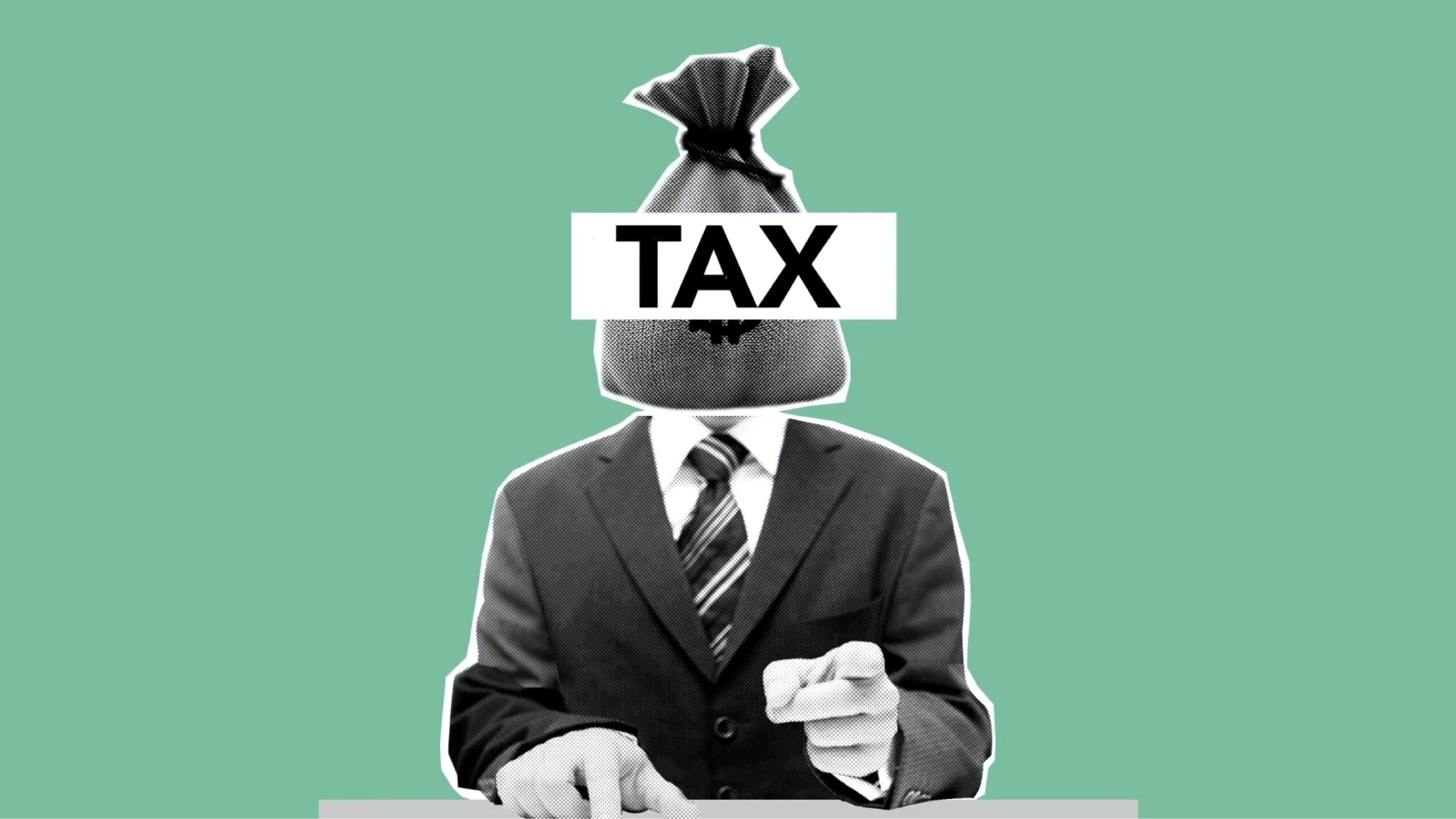Tax bill will improve FG’s revenue on petrol operations – Experts
Tax experts yesterday called for clarity in the Nigerian Tax Bill (NTB) as it affects the operations of oil and gas companies in Nigeria. They spoke yesterday during a webinar on “Economic Stabilisation Bill: Analysing the Intricacy of Taxation of Income from Petroleum Operations under the Nigeria Tax Bill, 2024. The speakers at the session […]

Tax experts yesterday called for clarity in the Nigerian Tax Bill (NTB) as it affects the operations of oil and gas companies in Nigeria.
They spoke yesterday during a webinar on “Economic Stabilisation Bill: Analysing the Intricacy of Taxation of Income from Petroleum Operations under the Nigeria Tax Bill, 2024.
The speakers at the session organised by the Chartered Institute of Taxation of Nigeria (CITN) included Coordinating Dean, CITN Taxation Faculties, Dr. Mark Abani; Managing Partner Ascension Consulting, Alhaji Azeez Alatoye; Mr. Emmanuel Okon, among others.
They said the Economic Stabilisation Bill 2024 should be well studied to avoid conflicts with existing regulations in the oil and gas, especially the Petroleum Industry Act (PIA) 2021.
- Ailing man dies fleeing as bandits kill four in Niger attack
- No nation grows by exporting only raw materials — Aganga
Alatoye in his lead presentation said the ESB alongside the provisions of the PIA 2021 and the Petroleum Profits Tax Act (PPTA) and Deep Offshore Inland Basin “Represents a significant shift in the taxation framework for upstream petroleum operations in Nigeria.”
“The bill introduces reforms aimed at increasing government revenue, simplifying compliance, and incentivising investment in the petroleum sector,” he said.
The tax expert urged players in the oil and gas to plan within the existing laws to avoid tax liabilities.
He added, “Companies operating in the upstream sector should monitor updates to the Economic Stabilisation Bill, ensuring their tax practices align with new provisions.
“Businesses should leverage allowable deductions such as decommissioning contributions and gas re-injection costs, to minimise tax liabilities under both HT and PPT.
“Companies should engage tax consultants to assess the impact of CPR limits and the revised amortisation periods for capital allowances, enabling them to optimise their tax positions.”
According to him, the reforms proposed to be introduced by the ESB combined with existing tax structures “Aim to strike a balance between revenue generation for the government and investment incentives for operators.
“However, successful implementation will depend on clarity in legislation, consistent regulatory enforcement and effective stakeholder engagement,” he added.
Mrs. Oluremi Olubamowo said grey areas in the ESB should be thoroughly looked at before the bill is passed into law.
In his contribution, another tax expert with Deloitte, Mr. Esan Olumide said the industry has gone through a series of changes and warned against distorting existing tax legislations especially as contained in the PIA, which is less than five-year old.
